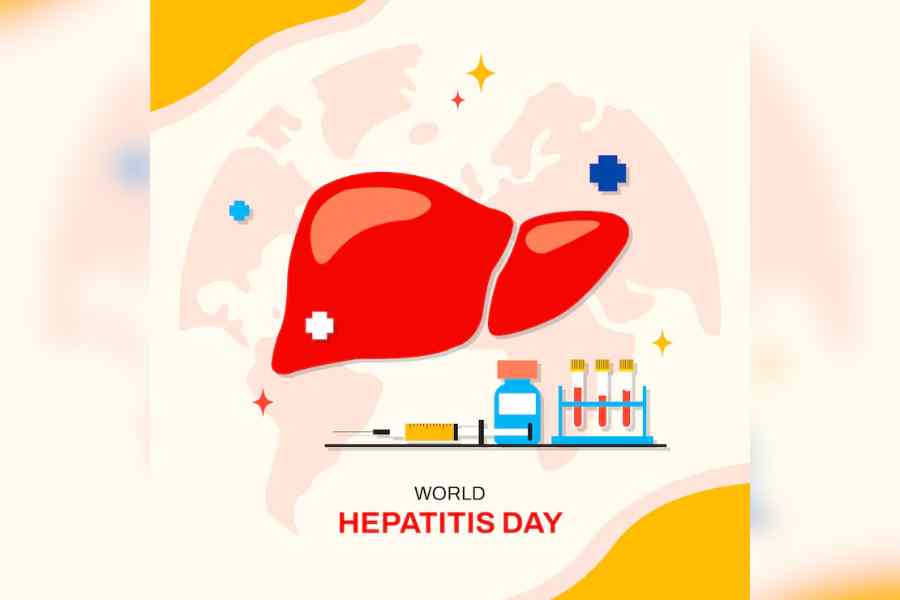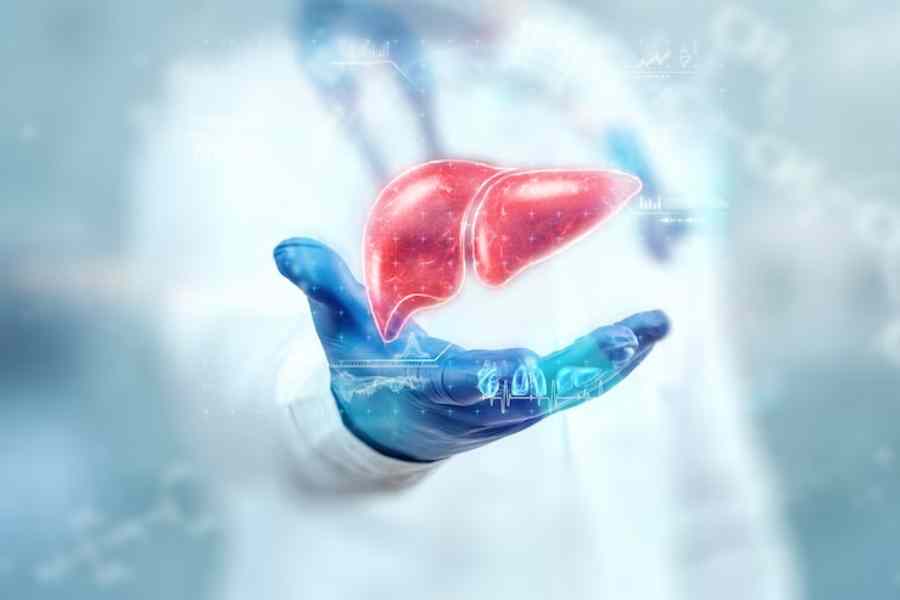
As we observe World Hepatitis Day 2024, the spotlight is on the remarkable advancements in rehabilitation and treatment. Millions of people worldwide are affected by hepatitis, a group of infectious diseases that include hepatitis A, B, C, D, and E, causing significant morbidity and mortality. However, recent medical science breakthroughs offer new hope for patients and reshape the landscape of hepatitis care.
Innovative Treatments for Hepatitis B and C
Hepatitis B and C are the most common and problematic types of illness, frequently resulting in long-term conditions and serious liver damage such as cirrhosis and liver cancer. Luckily, progress in antiviral treatments has changed the outlook for treatment.
- Direct-Acting Antivirals (DAAs): For hepatitis C, the introduction of DAAs has been revolutionary. These medications target specific steps in the hepatitis C virus (HCV) life cycle, effectively eliminating the virus in the majority of patients. DAAs are highly effective, with cure rates exceeding 95%, and are associated with fewer side effects compared to older treatments.
- Tenofovir and Entecavir: For hepatitis B, tenofovir and entecavir have become the cornerstone of treatment. Antiviral drugs like these reduce the amount of hepatitis B virus (HBV) in the body, lowering liver inflammation and preventing the advancement of the disease as well as decreasing the likelihood of liver cancer.
Breakthroughs in Hepatitis Vaccination
Vaccination remains a critical strategy in the fight against hepatitis, particularly for hepatitis A and B. New developments in vaccine technology are enhancing efficacy and accessibility.
- Combined Hepatitis A and B Vaccines: These vaccines protect both hepatitis A and B in a single shot, improving vaccination rates and simplifying immunization schedules.
- Therapeutic Vaccines for Hepatitis B: Researchers are exploring therapeutic vaccines designed to boost the immune response in people already infected with HBV. These vaccines aim to achieve a functional cure by helping the body control or eliminate the virus.

Gene Editing and Immunotherapy for Hepatitis Treatment
Cutting-edge research in gene editing and immunotherapy is opening new frontiers in hepatitis treatment.
- CRISPR-Cas9: This revolutionary gene-editing technology holds potential for curing hepatitis B by directly targeting and inactivating HBV DNA within infected cells. Although still in experimental stages, CRISPR-Cas9 could provide a permanent solution for chronic hepatitis B infection.
- Checkpoint Inhibitors: Immunotherapy, particularly the use of checkpoint inhibitors, is being investigated for its ability to enhance the body’s immune response against HBV. These therapies aim to overcome immune exhaustion, a common issue in chronic hepatitis B patients, thereby improving viral control.
Enhanced Screening and Diagnostics for Hepatitis
Early detection of hepatitis is crucial for effective treatment and prevention of liver damage. Advances in screening and diagnostic technologies are making it easier to identify infections promptly.
- Non-Invasive Liver Fibrosis Tests: Techniques like transient elastography (FibroScan) and advanced imaging methods allow for the non-invasive assessment of liver fibrosis and cirrhosis, reducing the need for liver biopsies.
- Point-of-Care Testing: Rapid, point-of-care tests for hepatitis C have improved access to diagnosis, particularly in resource-limited settings. These tests provide results within minutes, facilitating immediate linkage to care.

Join the Fight Against Hepatitis Today
The world health sector has pledged to reach the World Health Organization’s (WHO) objective of eradicating viral hepatitis as a public health menace by 2030. This ambitious target requires continued innovation, increased access to diagnostics and treatment, and robust public health initiatives.
- Universal Health Coverage: Expanding access to hepatitis care through universal health coverage is essential. This includes ensuring that antiviral treatments and vaccines are affordable and accessible to all who need them.
- Research and Development: Ongoing research is critical for developing next-generation therapies and improving existing treatments. Investment in hepatitis research will pave the way for new cures and more effective prevention strategies.
Support innovative hepatitis care and be a part of the global solution
World Hepatitis Day 2024 celebrates the strides made in hepatitis care and the promise of new therapies on the horizon. Through innovative treatments, groundbreaking research, and global collaboration, we are moving closer to a world where hepatitis is no longer a public health threat. Let us continue to support and advocate for advancements in hepatitis care, ensuring a healthier future for all.
Visit Us – Best Neuro Care

